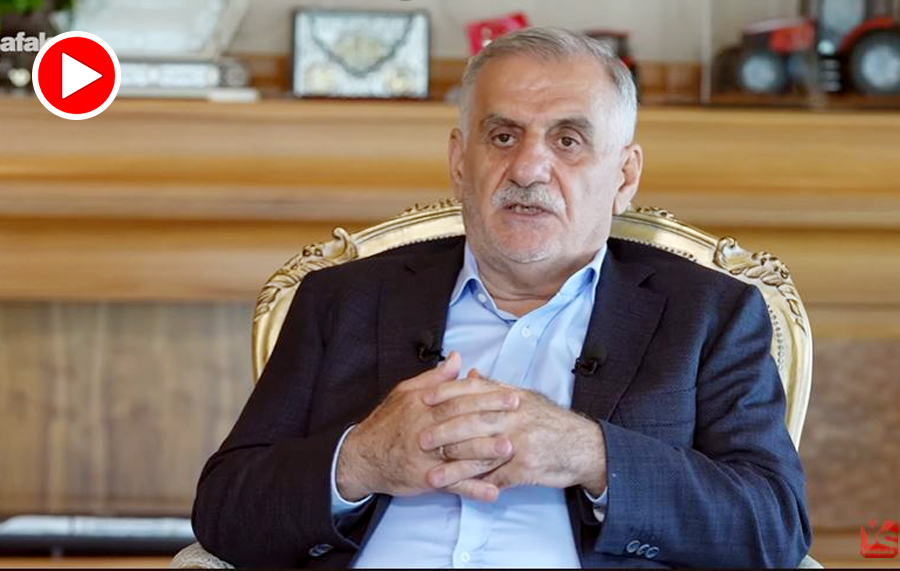The chairman of Albayrak Holding, which owns the pro-government Yeni Şafak daily, has admitted that his paper released news reports blaming the Gülen movement for a failed coup in Turkey in July 2016 without any evidence, even as the coup was still unfolding.
The Turkish government accuses the faith-based Gülen movement of masterminding the coup attempt on July 15, 2016 and labels it a “terrorist organization,” although the movement strongly denies involvement in the coup attempt or any terrorist activity.
Ahmet Albayrak said during an interview with Yeni Şafak that the daily had started to publish news discrediting the Gülen movement 15 to 20 days before the failed coup since they were expecting such a move by the Gülenist officers in the Turkish military and thus immediately blamed them as the abortive putsch was unfolding.
The chairman said that after he was convinced a coup was underway, he tried to call President Recep Tayyip Erdoğan as well as several ministers and lawmakers from the ruling Justice and Development Party (AKP) but couldn’t get through to any of them, and started thinking what Yeni Şafak could do about the situation.
Albayrak said that after finding out from reporters that there was no confirmed information on the incident, he ordered them to publish an online news report with the headline “Parallel military officers went mad, attempting to carry out a coup with support from the US” at 10:36 p.m.
He said he called Yeni Şafak once again and told reporters to write another piece, this time with the headline “Erdoğan calls on people to take to the streets,” but that they refused, saying they would be responsible if something went wrong, and instead wrote, “People took to the streets to fight against the coup.”
“I acted on my feelings alone. … The coup was unfolding, and I thought, ‘Something has to be done. How can we make people rise up against [the coup].’ … It was a move that needed to be done. … It sparked a great beginning. People took to the streets,” Albayrak said.
Erdoğan also had urged people to take to the streets to protest the coup attempt, and supporters of the AKP government fought a part of the military attempting to overthrow Erdoğan, with clashes killing more than 250 people and injuring more than 2,000.
On the night of the abortive putsch, Erdoğan also immediately pinned the blame on the Gülen movement, inspired by Muslim preacher Fethullah Gülen, labeling the group as a terrorist organization.
Erdoğan, who had been targeting followers of the movement since the corruption investigations of December 17-25, 2013, which implicated then-prime minister Erdoğan, his family members and his inner circle, intensified the crackdown on the movement after the attempted coup.
Although Gülen and the movement strongly deny involvement in the abortive putsch or any terrorist activity, Erdoğan initiated a widespread purge aimed at cleansing its sympathizers from within state institutions, dehumanizing its popular figures and putting them in custody.
The Turkish government declared a state of emergency and carried out a massive purge of state institutions under the pretext of an anti-coup fight. In addition to military personnel, more than 130,000 public servants were summarily removed from their jobs for alleged membership in or relationships with “terrorist organizations” by emergency decree-laws subject to neither judicial nor parliamentary scrutiny.

